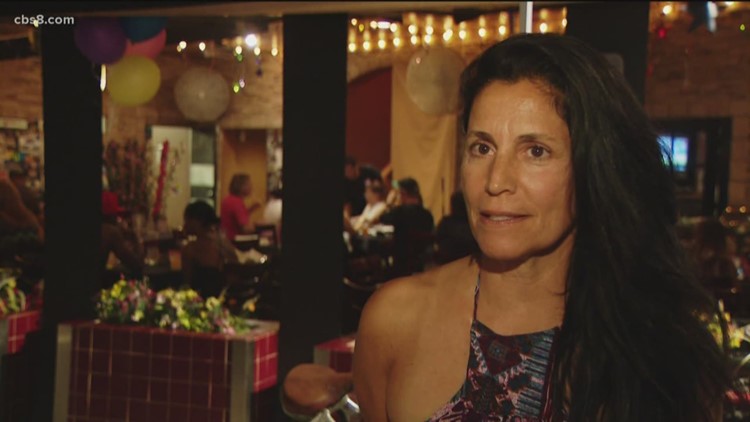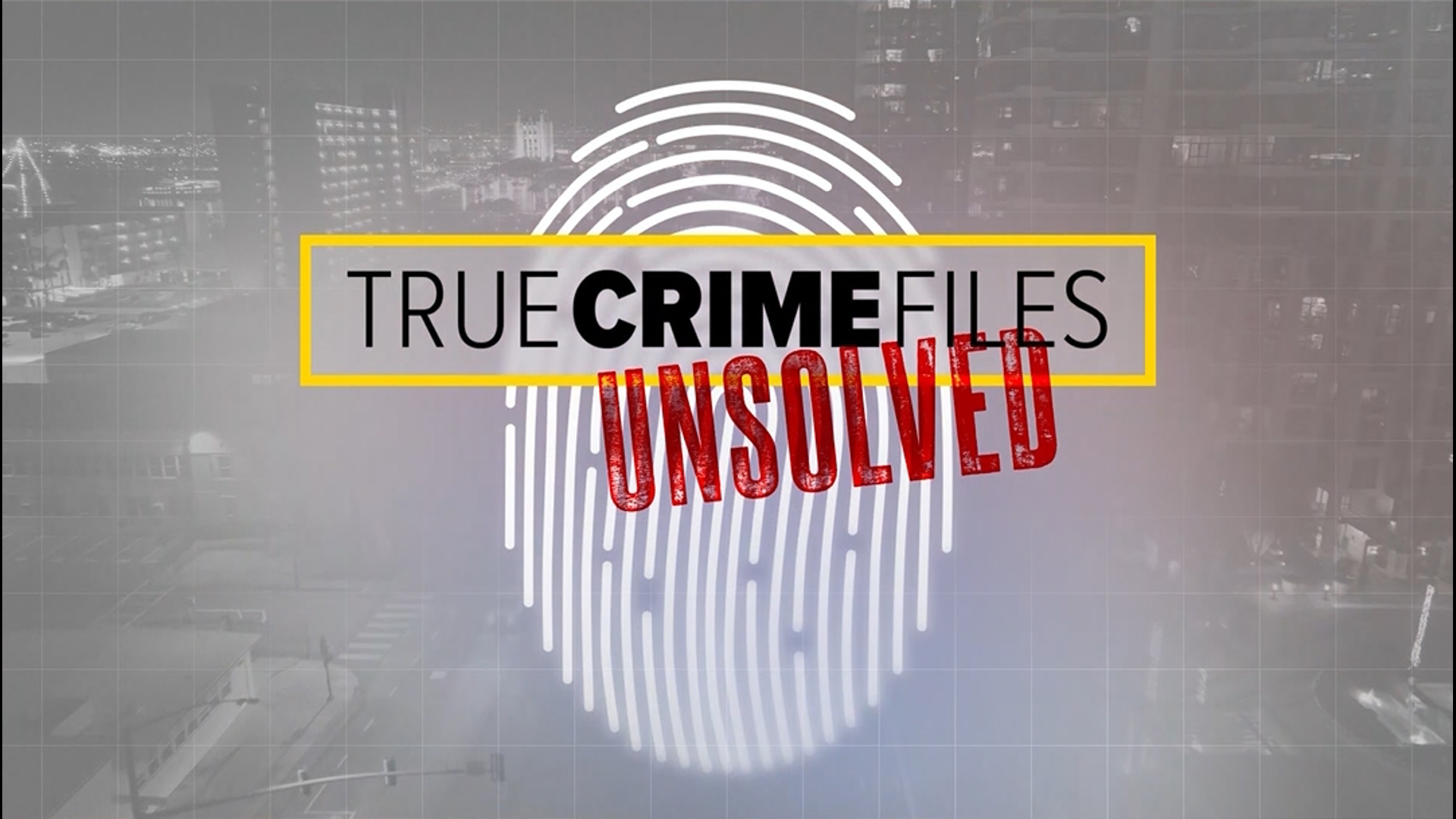SAN DIEGO — San Diego businesswoman Gina Champion-Cain pleaded guilty in a U.S. District Court on Wednesday to conspiracy, securities fraud and obstruction of justice charges as part of a plea agreement for taking hundreds of millions of dollars in investor funds intended as loans for liquor licenses and funneling the money into her companies and for personal purchases.
The founder and former CEO of American National Investments was charged by the Securities and Exchange Commission last summer with taking millions from investors and telling them the money would be used to support loans for people seeking California liquor licenses. Instead, she used the money for personal expenses, to fund her other businesses or to pay back other investors, prosecutors said.
Champion-Cain faces a maximum possible term of 15 years in prison.
More than $400 million from more than 100 investors went into the scheme between 2012 and 2019, according to the plea agreement. Prosecutors said at least one financial institution that invested lost more than $1 million, and that the loss to all investors ranges from between $65 million to $150 million.
Crispin Torres, the former Chief Financial Officer of American National Investments, also pleaded guilty Wednesday to conspiring in the scheme by using funds received from investors to prop up Champion-Cain’s other businesses, some of which were failing.
U.S. Attorney, Robert Brewer, called this "by far the largest Ponzi scheme discovered in the district."
Cain and her umbrella corporation, American National Investments, previously had a business interest in dozens of San Diego businesses, from The Patio to Surfrider Pizza to Bao Beach to Swell Coffee.
According to the plea agreement, Champion-Cain admitted using at least $60 million in investor funds to meet expenses at her businesses. In addition, funds were used to pay for residences in Mission Beach and Rancho Mirage, at least $2 million to pay her own salary at American National Investments, and hundreds of thousands of dollars were spent on sporting events, automobiles, credit card bills, jewelry and more.
The plea agreement states that the lending program investors were putting funds into "was completely fictitious" and that many of the supposed liquor license applicants had not sought loans through Champion-Cain. Instead, she created fake lists with applicant names pulled from the Department of Alcohol Beverage Control website, according to the plea agreement.



